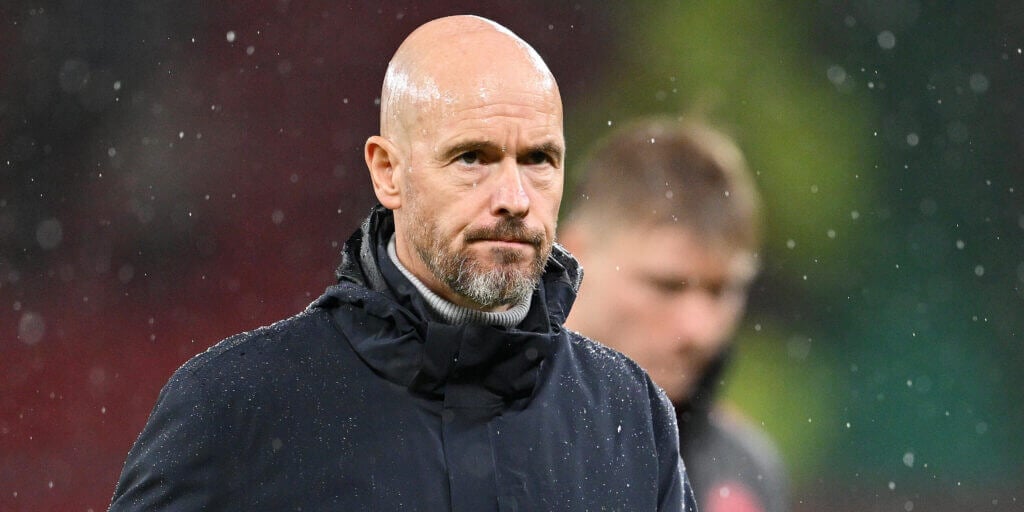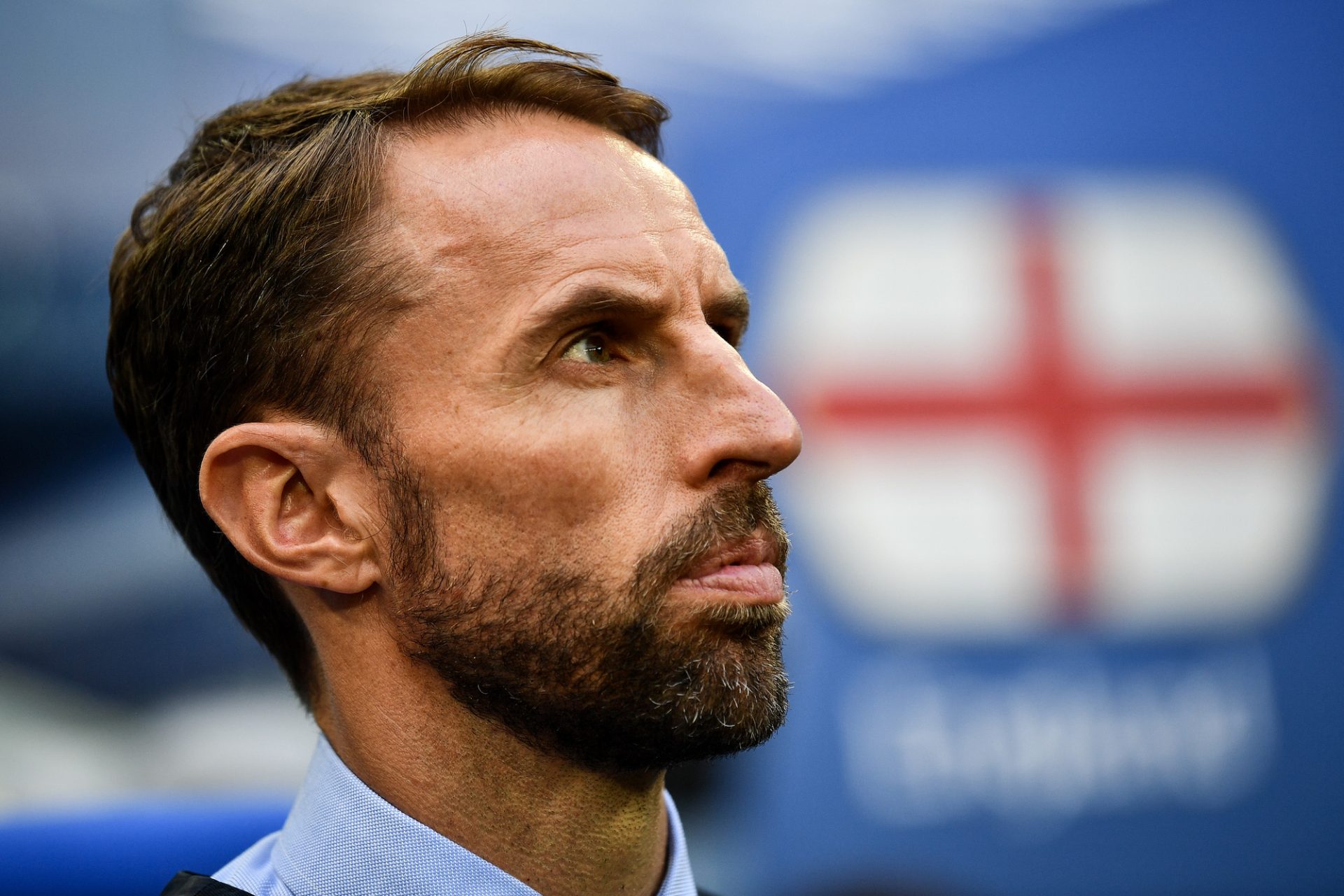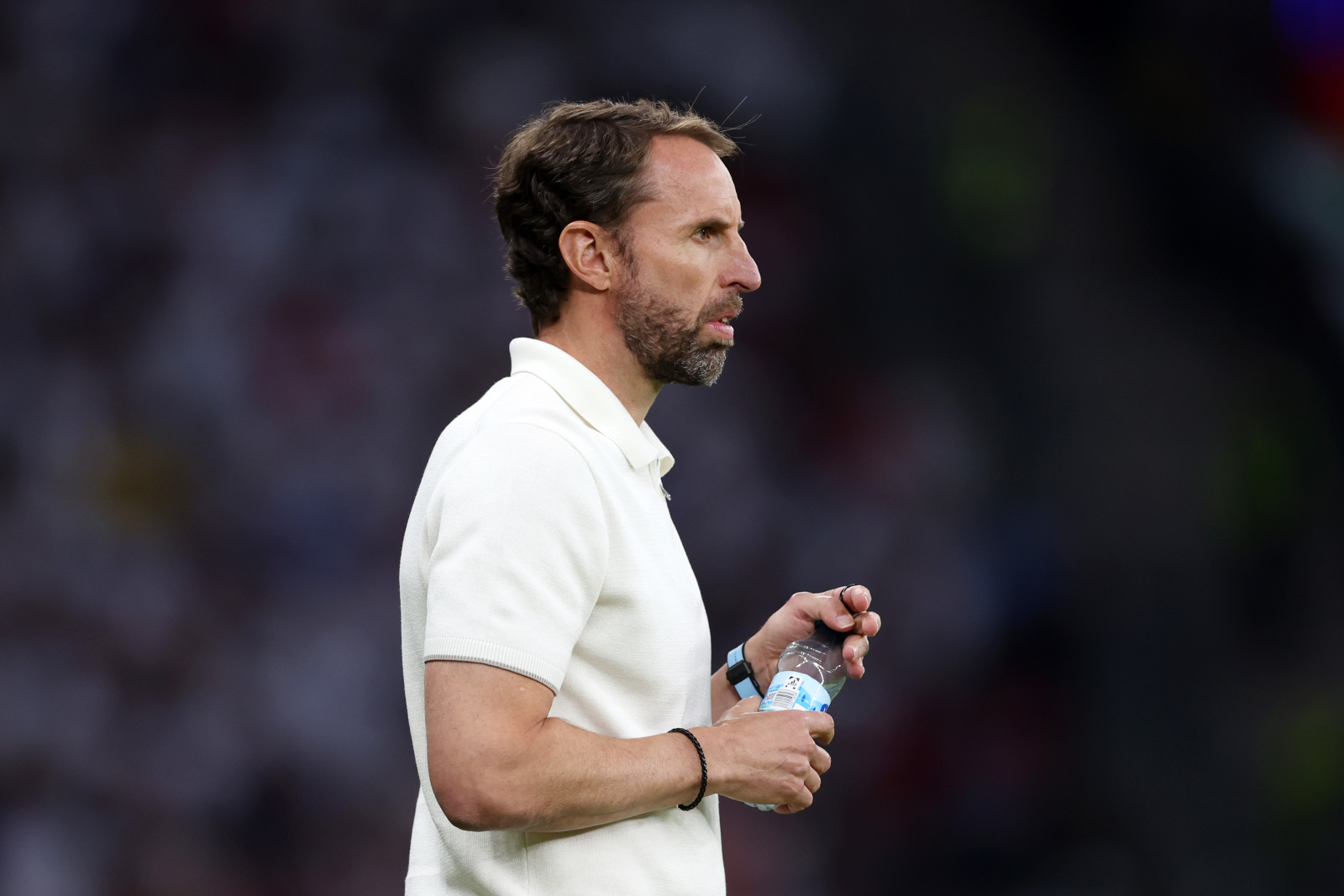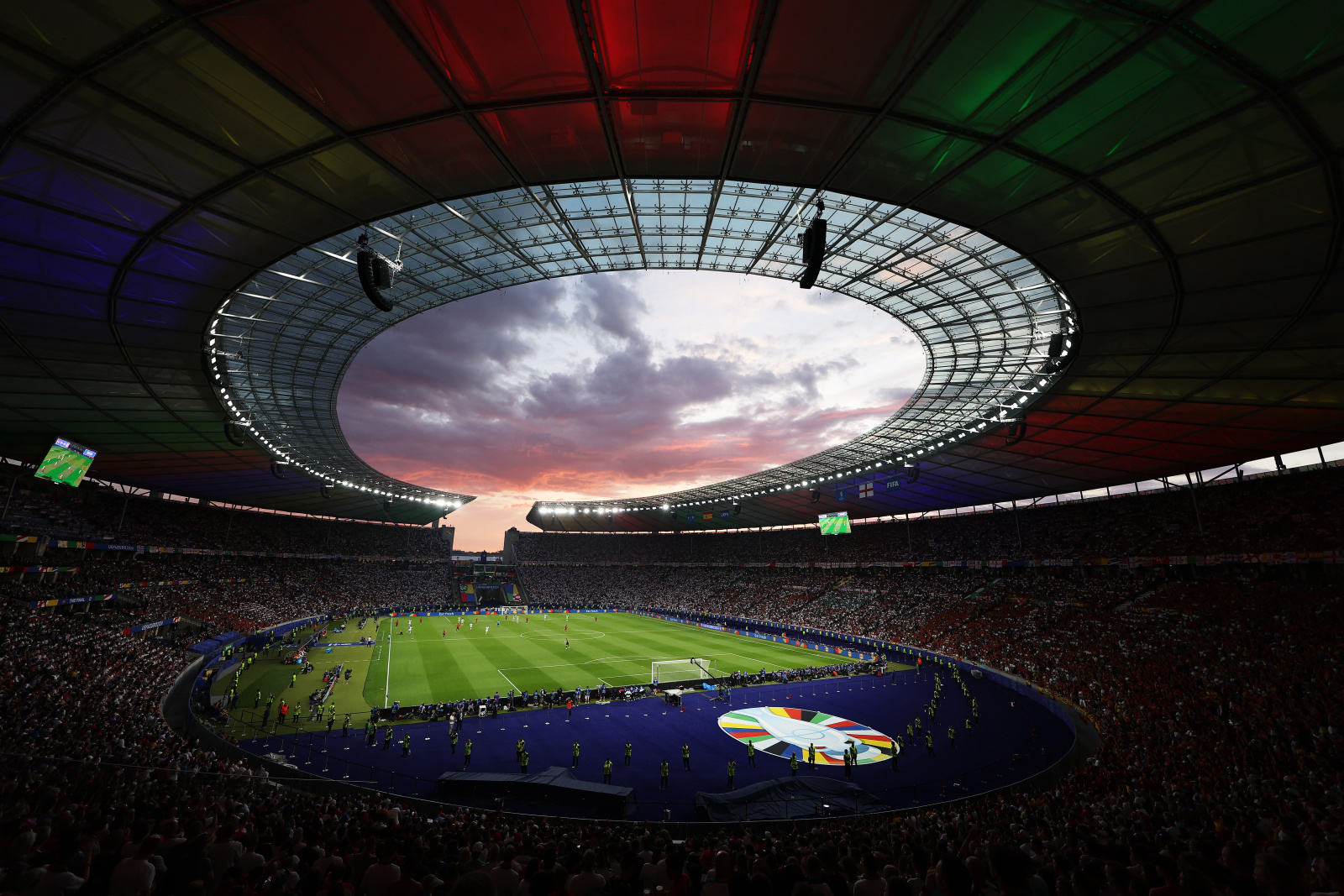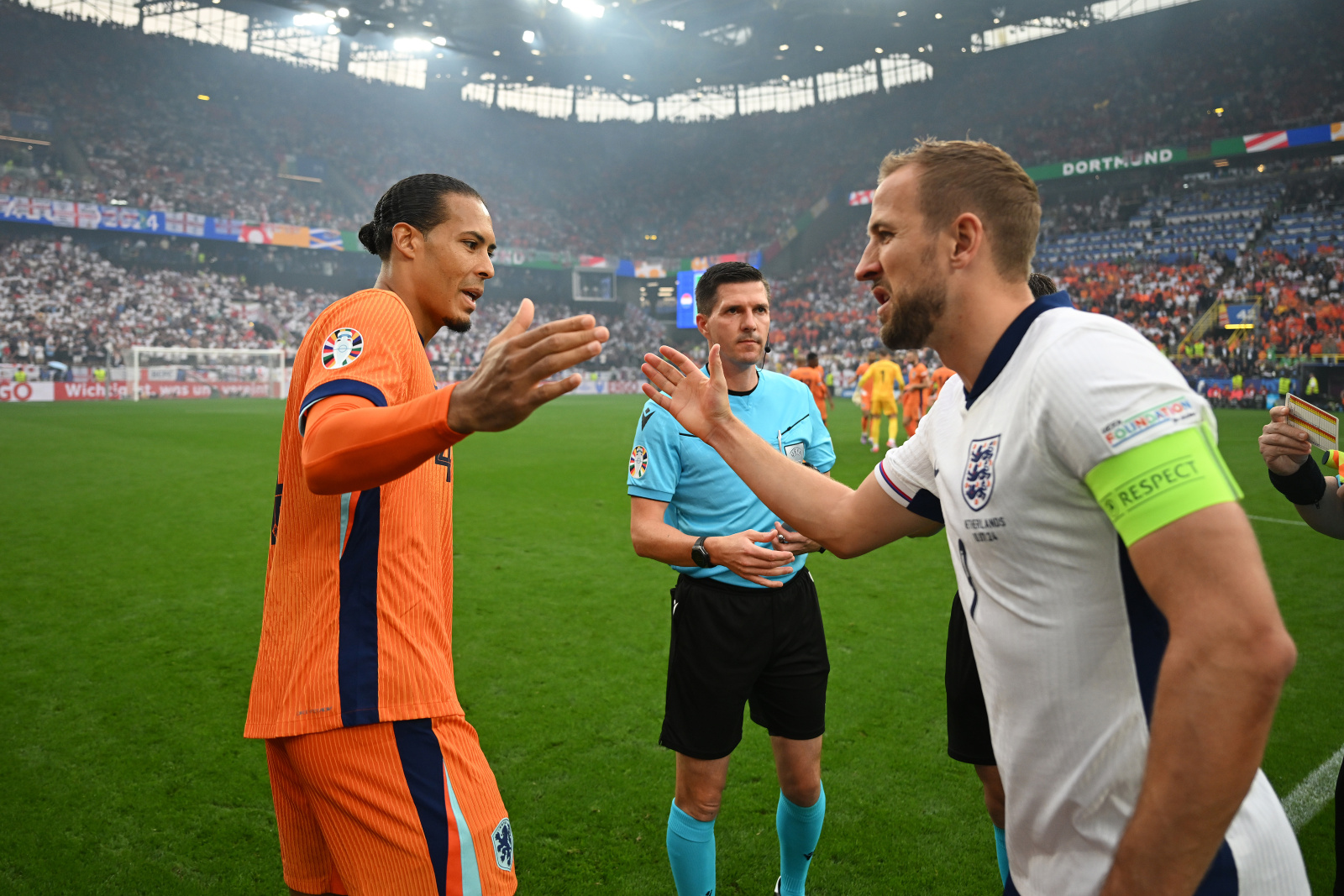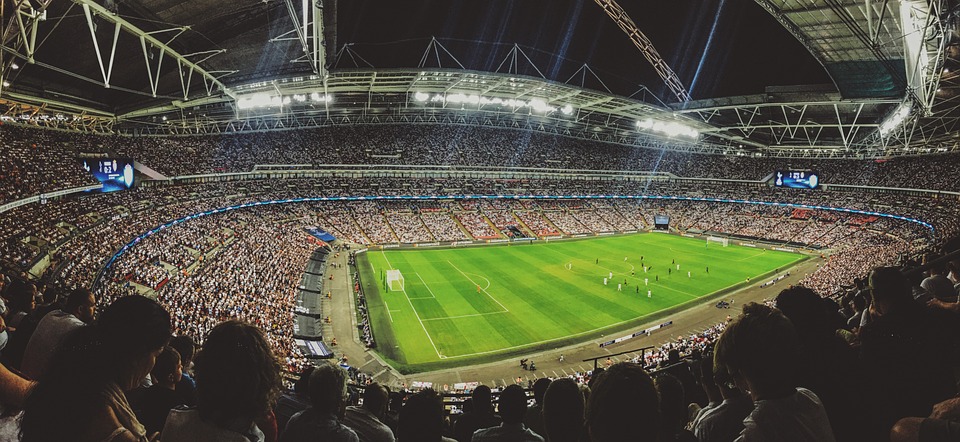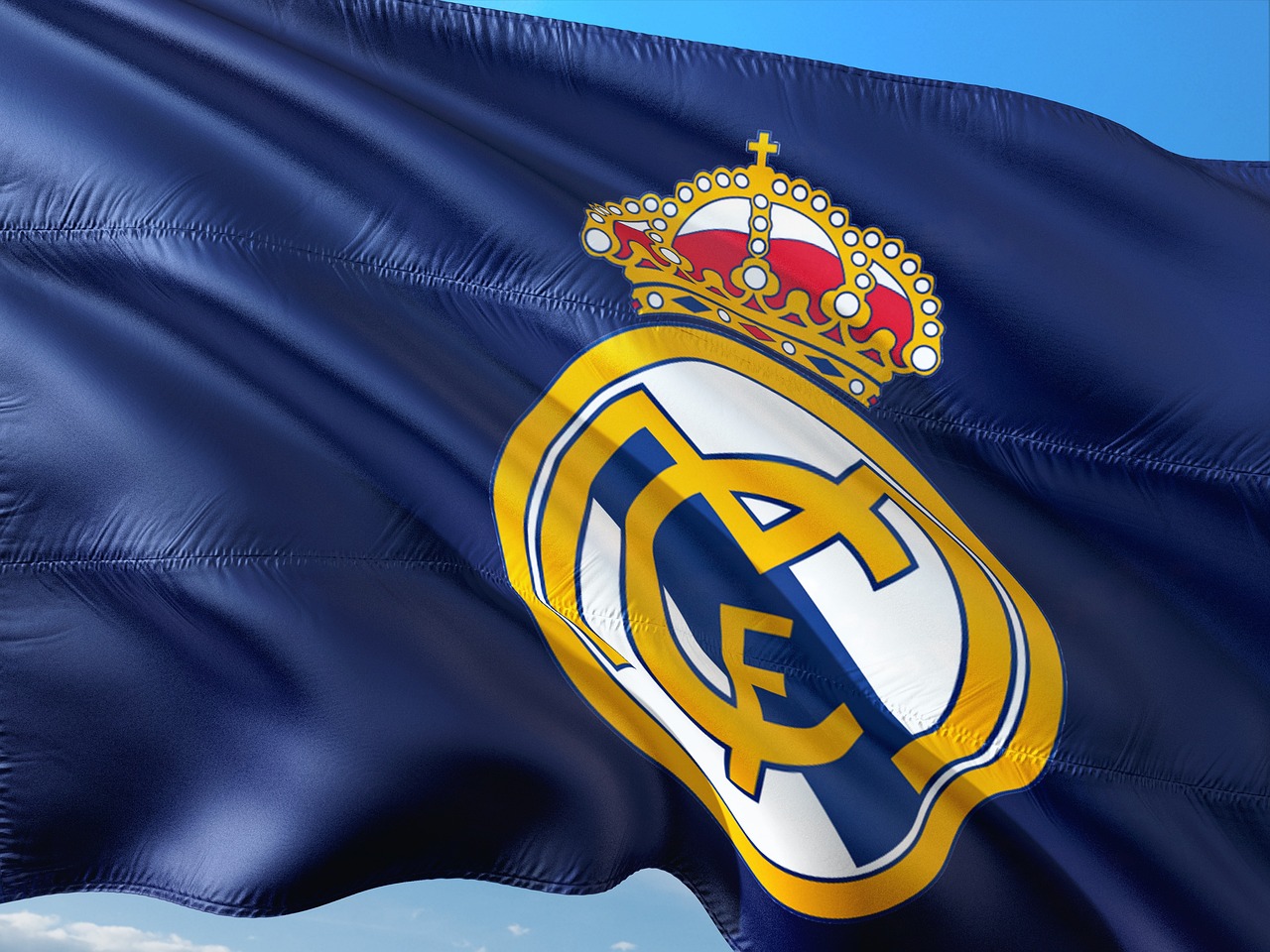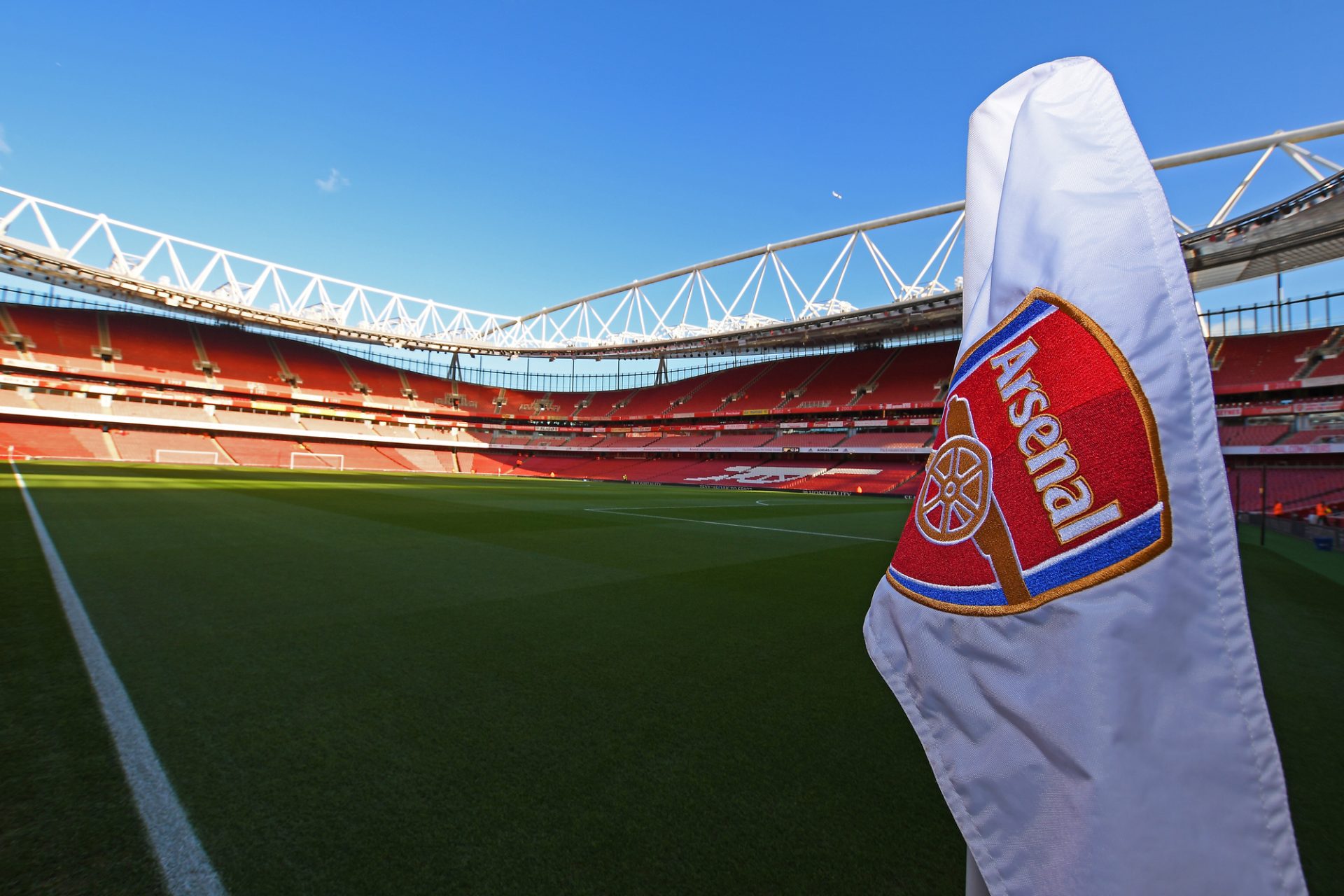The EFL Cup Should Be Scrapped!
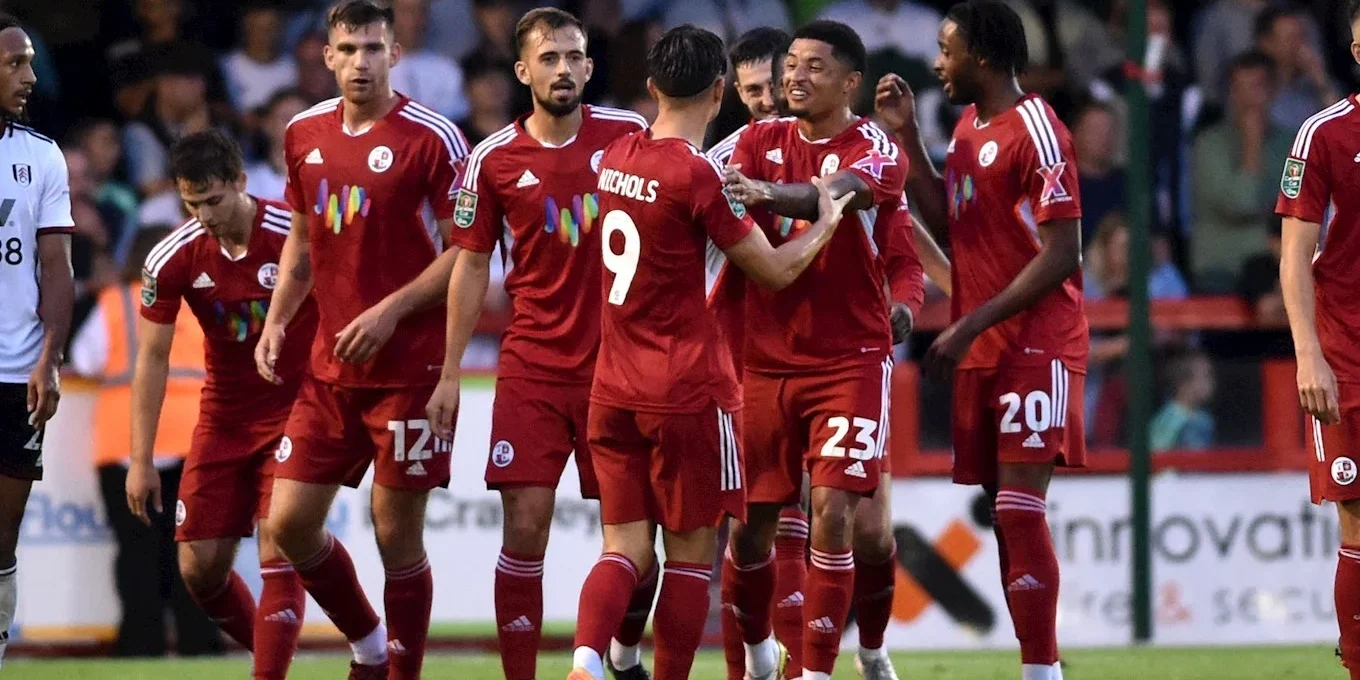
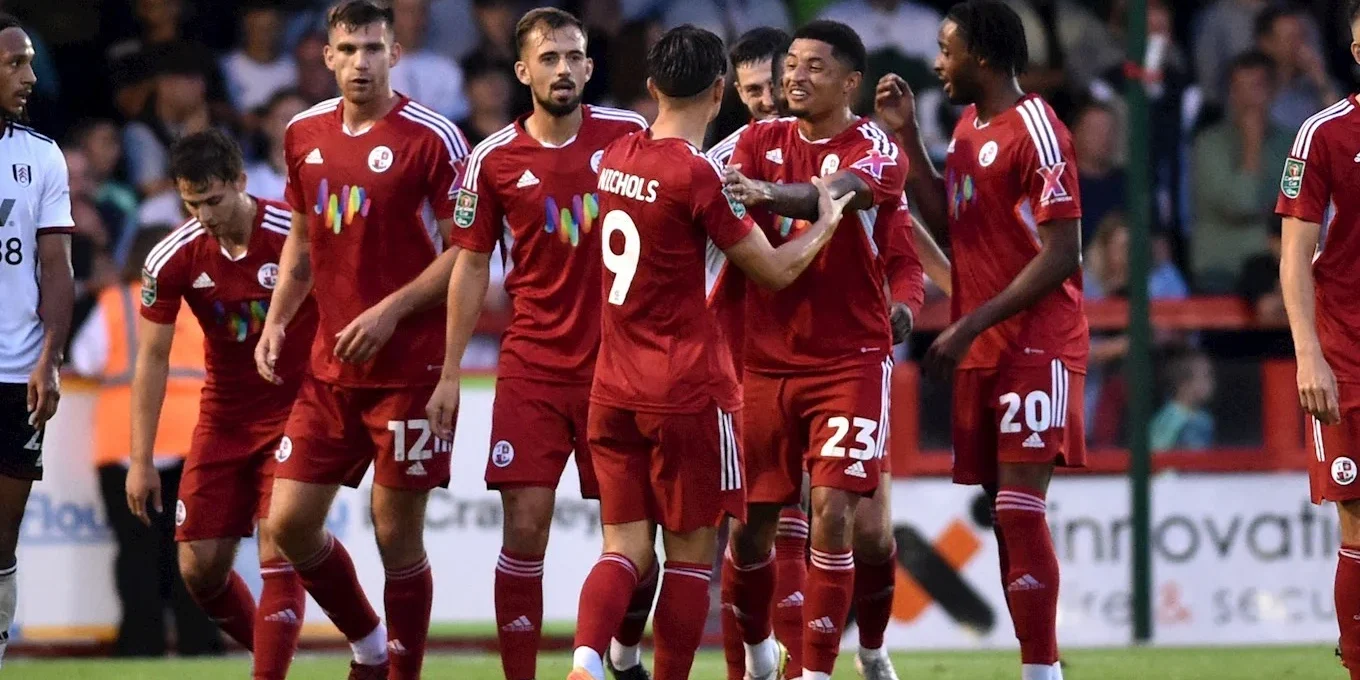
Table of Contents
It may seem like a strong opinion, but it’s high time the EFL Cup is scrapped. Early season midweek football usually means one of two things to English football fans. Either you’ll be watching your side attempt to qualify for the group stages of European competitions, or, more likely, you’ll see your side compete in the EFL Cup.
England’s second domestic cup competition is a shadow of its former self and we believe it’s time the FA gets with the times and discontinue the competition. So, why? Why is the EFL Cup a failure? We give our take here…
Why the EFL Cup should be scrapped
There’s a whole shopping list of reasons behind wanting to scrap the EFL Cup, but let’s start with an obvious one. Some may argue that the EFL Cup provides smaller clubs with a chance to beat the big boys and make it to Wembley, but this doesn’t hold much water.
For a start, only the finalists get to go to the national stadium, so a smaller club would have to do ridiculously well to stand a chance of this. Furthermore, the unpredictability has gone out of the window in recent seasons.
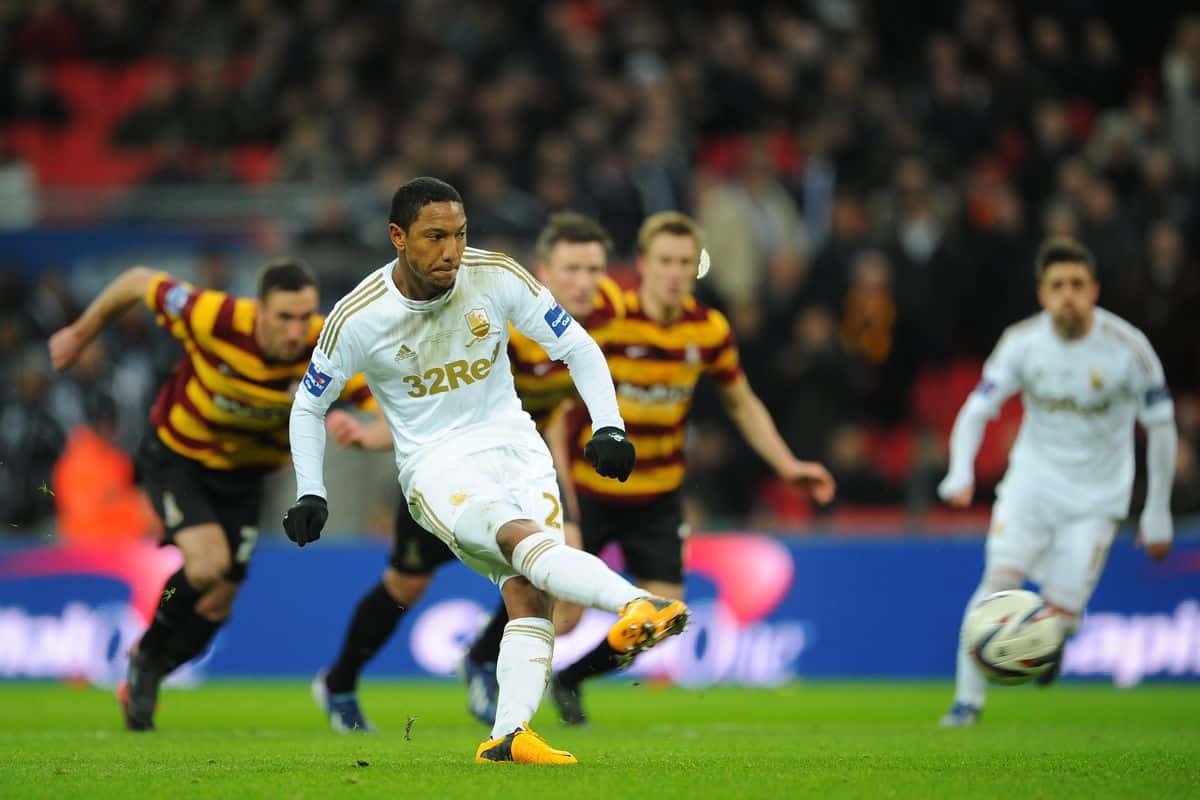
Yes, we’ve seen some freak finals not that long ago, in particular Swansea City against fourth-tier Bradford City back in 2013. However, much like the Premier League, Manchester City have ruled the roost in this competition. Six of the last nine EFL Cup’s have been won by City, including four-in-a-row between 2018 and 2021.
Swansea’s 2013 victory was the last from outside the current “Big Six” and one of only two since 2005. You have to go way back for more surprise winners, with the likes of Middlesbrough, Blackburn Rovers and Leicester City on the winners list in the early 2000s and 1990s.
On top of all this, there’s already a competition that gives smaller clubs a shot at a Wembley appearance, the EFL Trophy. If you want to see an unpredictable domestic cup in England, the FA Cup is a much better and prestigious tournament.
The amount of games is ridiculous
The debate over the amount of Premier League games in a season is one that has died down in recent times. In our opinion though, this is missing the point. Take last season’s Champions League final, for example.
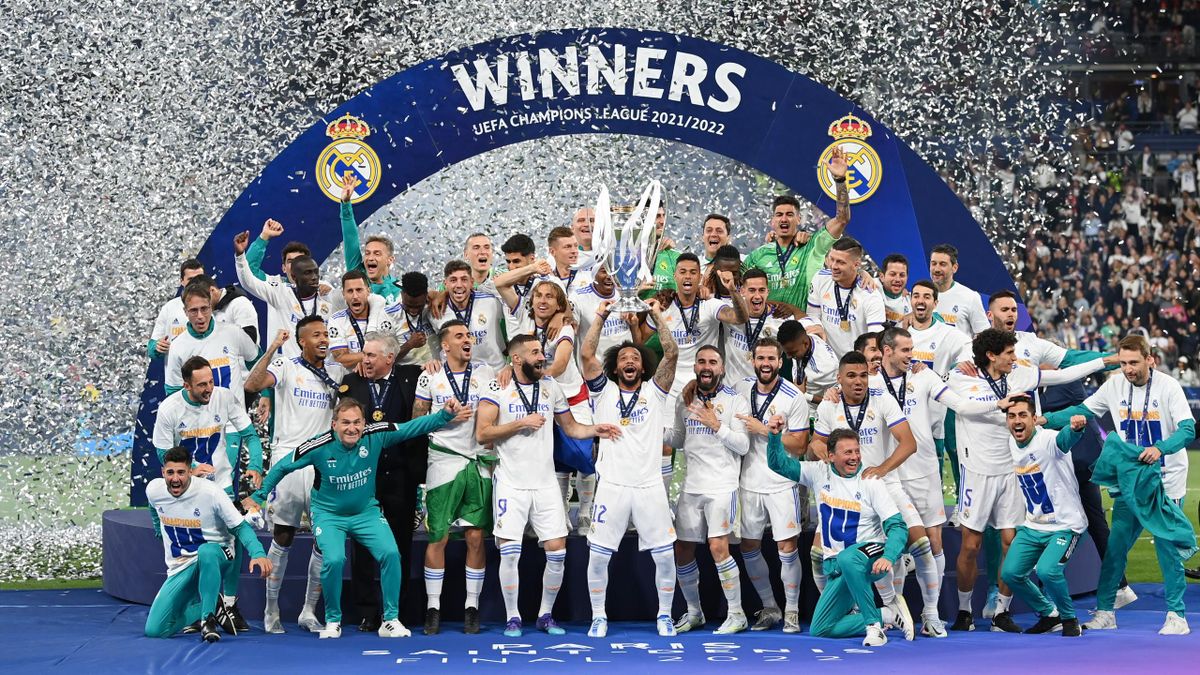
The match was the final one of the season for both England’s Liverpool and Spain’s Real Madrid. Madrid were playing in their 56th game of the season, while Liverpool were in their 63rd. Both La Liga and the Premier League have 38 matches in a season, but Liverpool’s EFL Cup win arguably cost them a seventh Champions League title.
When you add in the fact that Real wouldn’t have played anything like a full side in their Copa del Rey games and you’re talking about a side that has ten less games to play than an English one.
No other country has this
The writing is on the wall as far as we’re concerned. In fact, it has been for some time now, secondary cup competitions just don’t work. Results like Crawley’s win against Fulham this week is exciting, but less so when you realise Fulham don’t care and Crawley will likely be knocked out in the next round anyway.
The amount of prize money for the EFL Cup is pitiful compared to that which clubs win through their league games.
The prize pot for the entire competition is £1,000,000 and even the winners only earn £100,000. For context, Cristiano Ronaldo could afford to fund this competition with two weeks of his current wages.
For comparison, the FA Cup winners earn £2 million for the final alone, double the entire Carabao Cup prize fund. That doesn’t take into account the previous rounds, where they’d earn another £2 million (assuming they start in the third round).
So, why would they care? They’ve got a guaranteed income for league matches and a much smaller potential prize winnings but this depends upon whether they progress or not.
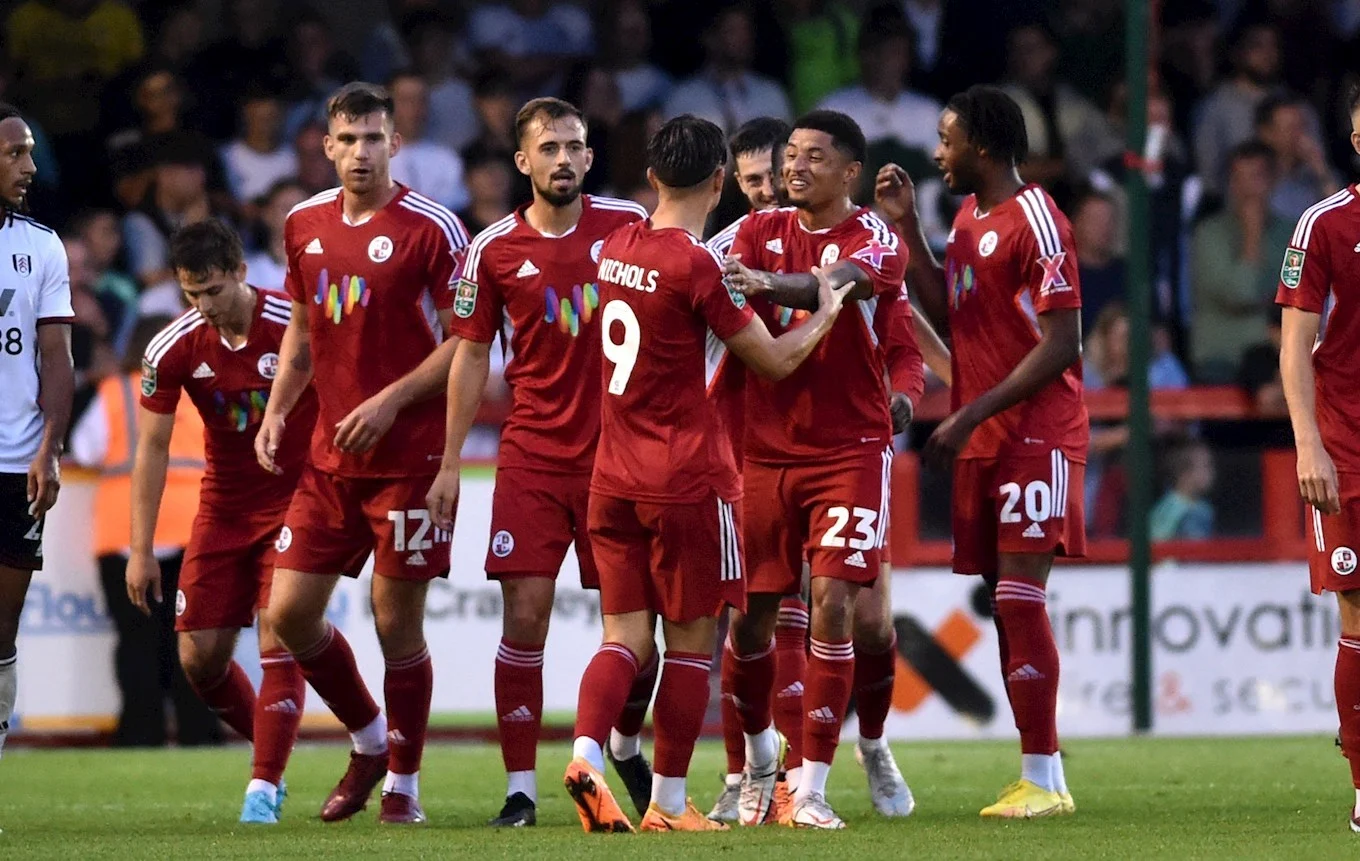
Other countries in Europe have long-abandoned their secondary cups after failed experiments with them. Germany got rid of the Ligapokal in 2007, Spain discontinued the Copa de la Liga in the 1980s and Italy has never had a league cup.
Only France kept their League Cup until recent years, and that was gone after 2020.
The EFL Cup is financially weak, the clubs and fans don’t care, its results are predictable and it puts extra games on the legs of players competing in Europe and for national teams. It needs to go.

